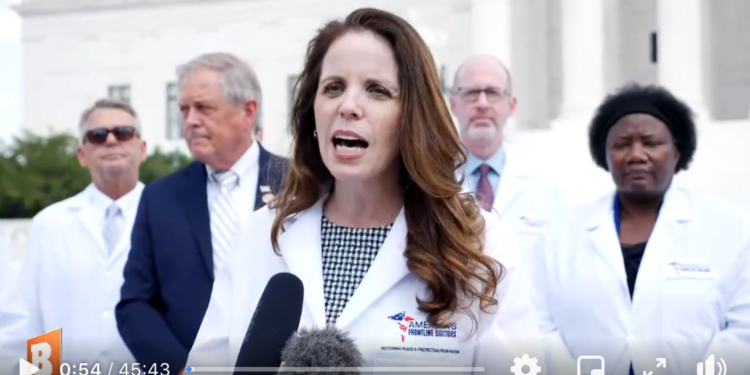Facebook hasn’t got a great track record when it comes to taking posts down when it should be taken down. The company is now under fire for not taking down a viral ‘news’ video about dangerous coronavirus conspiracy theories and treatments fast enough.
Right-wing news outlet Breitbart shared the video, from a group called ‘America’s Frontline Doctors’, which claimed that hydroxychloroquine is a COVID-19 ‘cure’ and said that masks were unnecessary to fight the virus. The claims have been disproven by the Food and Drug Administration, Centers for Disease Control and Prevention (CDC), and even Malaysia’s Ministry of Health.
“We’ve removed this video for making false claims about cures and prevention methods for COVID-19. People who reacted to, commented on, or shared this video, will see messages directing them to authoritative information about the virus. It took us several hours to enforce against the video and we’re doing a review to understand why this took longer than it should have,” said a Facebook spokesperson.
Before Facebook took action, the video had been widely shared tens of millions of times, including by American President Donald Trump and his son on Twitter. Twitter, in turn, simply deleted those tweets, citing that they were “in violation of our COVID-19 misinformation policy.”
Facebook says that it’s removed more than 7 million pieces of misleading or false content related to the coronavirus between April and June. New York Times journalist Kevin Roose theorised that the video remained up on the social media platform for so long because Facebook treats Breitbart as equitable to mainstream media to appease conservatives often complain about social media bias. But Facebook communications employee Andy Stone said that was not true, saying that it had “nothing to do with newsworthiness” and how their newsworthiness policy works.
While Facebook might still have a long way to go before they have a quicker system of taking down posts with false claims and scams, the platform has introduced some measures to help. They introduced a feature that lets you know when news articles they are about to share are more than 90 days old—which most likely derived from potentially inaccurate and harmful information shared about the COVID-19 virus during the pandemic.
[ SOURCE, IMAGE SOURCE ]








